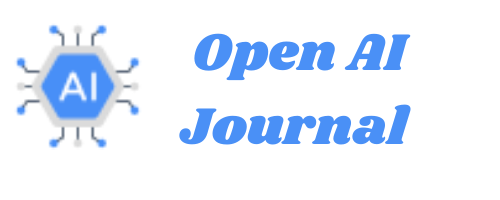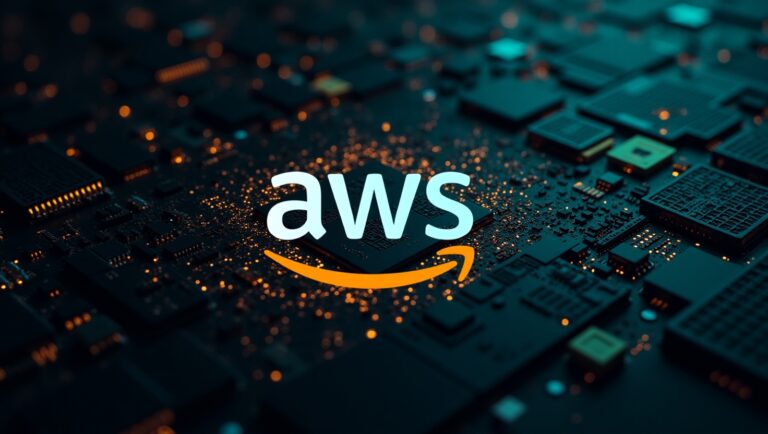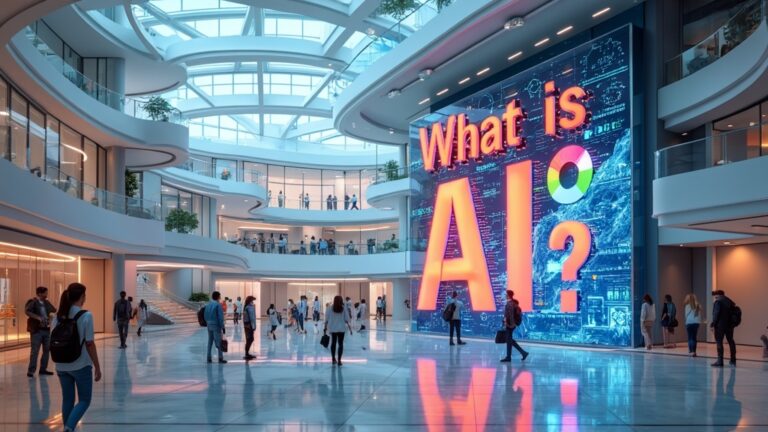AI: Explosive Growth Or Elaborate Hoax? Boom, Bubble, Con Unmasked

Table of Contents
Have you noticed how artificial intelligence is everywhere these days? It’s in our apps, our work tools, our streaming services, and even the ads we see. Every headline seems to be hyping AI as either the next industrial revolution or warning us of its potential to spiral into disaster. But it’s got me wondering: is AI Explosive Growth Or Elaborate Hoax?is AI really the groundbreaking “boom” many claim it to be? Or are we just inflating a tech bubble that’s bound to pop? And for the skeptics—could AI even be a con, something that looks shiny on the outside but doesn’t deliver on its promises?
I’ve been trying to sort this out myself, and to be honest, I think the truth is somewhere in the middle. AI is undoubtedly transformative, but there’s a lot of overhype that can obscure the real progress. And while it’s not a “con” in the sense of being a deliberate scam, there’s definitely some smoke and mirrors in how it’s marketed. Let’s break this down together and figure out what AI really is: boom, bubble, or con.
The Boom: Why AI is a Real Game-Changer

Let’s start with the good stuff. There’s no denying that AI has made some incredible progress in recent years. It’s not just theoretical anymore—it’s actively transforming industries and solving problems we couldn’t tackle before.
Take healthcare, for example. AI is being used for early cancer detection, with algorithms analyzing medical scans more accurately and faster than human doctors in some cases. A 2022 study published in The Lancet found that AI systems were able to detect breast cancer with a 94% accuracy rate, compared to 88% for radiologists. That’s huge! Imagine the lives saved by catching diseases earlier.
Then there’s the explosion of generative AI, like OpenAI’s ChatGPT or DALL-E, which can write articles, code software, and create artwork. These tools are already changing how businesses operate, with companies using them to automate customer service, generate marketing content, and streamline workflows. According to a report by McKinsey, generative AI could add up to $4.4 trillion annually to the global economy.
Even in my own work, I’ve seen how AI can make life easier. I’ve used AI-powered tools like Grammarly to refine my writing, and I’ve experimented with AI programs to help draft presentations. What used to take me hours can now be done in minutes, freeing me up to focus on more creative or strategic tasks.
So yeah, AI is definitely a “boom” in many ways. It’s not just hype—it’s already delivering real value and has the potential to do much more.
The Bubble: Is AI Overhyped?
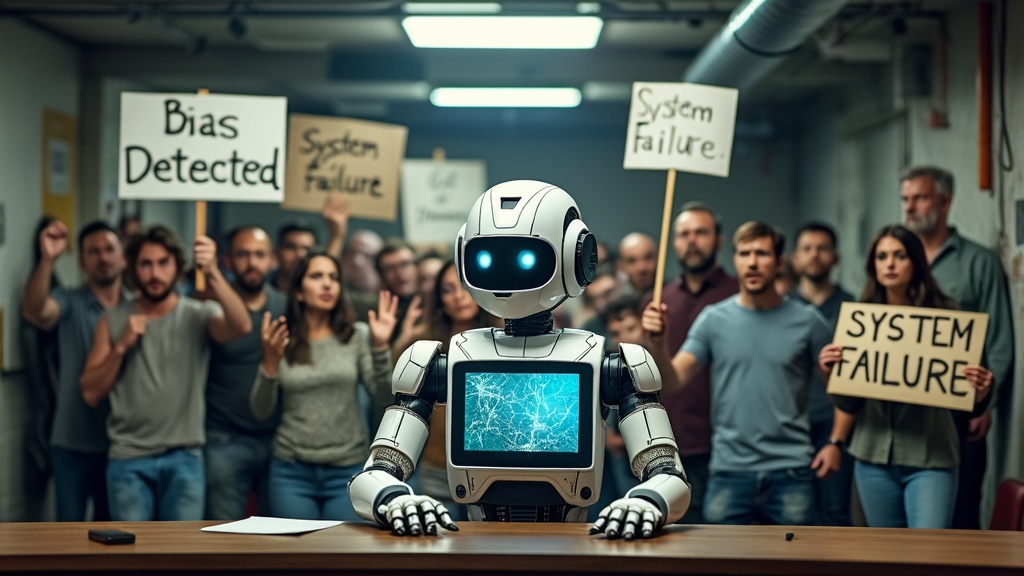
But here’s the flip side: are we getting ahead of ourselves? If you’ve been following tech news, you’ve probably noticed the astronomical valuations of AI startups. In 2023 alone, AI companies attracted more than $100 billion in venture capital funding, according to Crunchbase. Some of these companies are valued in the billions despite having no profitable business model or clear path to sustainability.
This kind of frenzy feels eerily similar to the dot-com bubble of the late 1990s. Back then, everyone was throwing money at internet startups with the assumption that they’d all change the world. When reality caught up, the bubble burst, and many of those companies disappeared. Could AI face a similar fate?
One challenge is that not all AI applications live up to the hype. Remember IBM Watson? It was supposed to revolutionize medicine, but many of its ambitious promises—like diagnosing diseases or recommending treatments—never materialized. A STAT investigation in 2017 found that Watson for Oncology often provided “unsafe and incorrect” treatment advice.
Then there’s the issue of overpromising what AI can do. A lot of people think AI is smarter than it actually is. Yes, tools like ChatGPT or MidJourney are impressive, but they’re also limited. They don’t “understand” the world the way humans do—they’re just really good at predicting patterns based on the data they’ve been trained on. If we push these systems too far or expect them to solve problems they’re not equipped to handle, we’re setting ourselves up for disappointment.
I’ve experienced this firsthand. I once tried using an AI tool to help me analyze some financial data for a project, and while it got the basics right, it completely missed the nuance of what I was asking for. I ended up spending just as much time correcting its mistakes as I would have doing the work myself. It was a reminder that while AI is powerful, it’s not infallible.
The Con: Is AI a Scam?
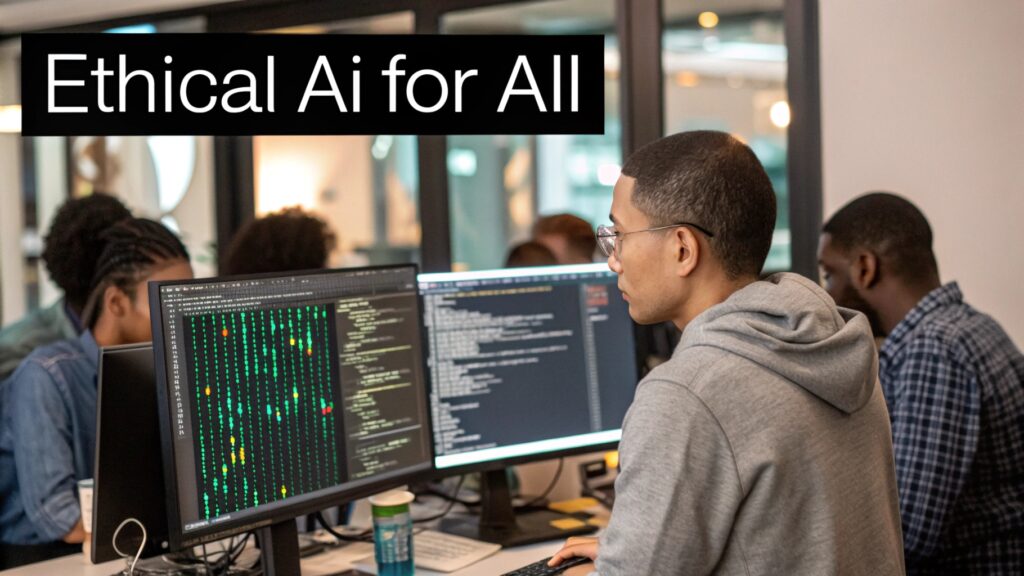
So, is AI a con? I don’t think so—not in the sense of being a deliberate scam. The technology is real, and there’s substantial evidence to back up its potential. But that doesn’t mean there aren’t some shady practices in the AI space.
For starters, some companies exaggerate what their AI products can actually do. They throw around buzzwords like “machine learning” and “deep learning” to attract investors or customers, even if their technology is little more than glorified automation. A 2020 study by MMC Ventures found that 40% of European startups claiming to use AI didn’t actually have any AI in their products.
There’s also the issue of AI being used unethically. Facial recognition systems, for instance, have been criticized for their bias and inaccuracies, particularly when identifying people of color. And then there’s the rise of deepfakes—AI-generated videos that can convincingly mimic real people. These technologies can be used for malicious purposes, like spreading misinformation or committing fraud.
So while AI itself isn’t a con, there are definitely elements of the industry that deserve scrutiny.
The Balanced Perspective: Boom with a Bubble
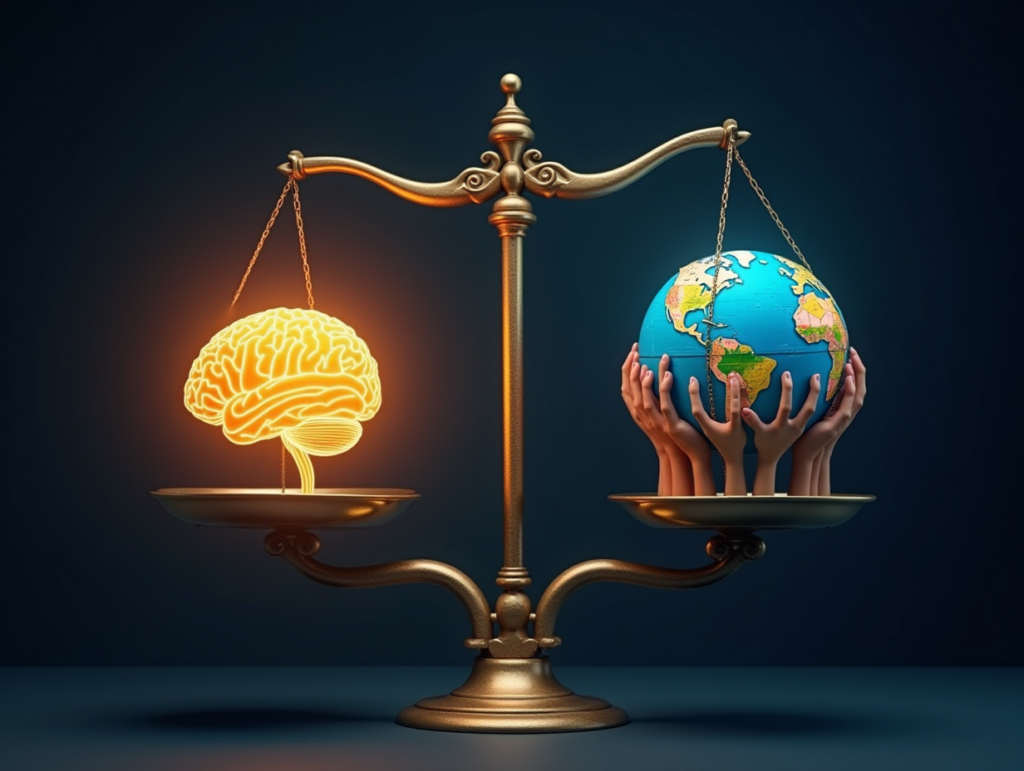
If I had to sum it up, I’d say AI is a boom with some bubble-like elements. It’s genuinely transformative, with the potential to revolutionize industries and improve lives. But at the same time, there’s a lot of hype that inflates expectations beyond what’s realistic.
To avoid the pitfalls of a bubble, we need to focus on tangible results. The true value of AI lies in its ability to solve real-world problems, not just generate buzz. That means investing in applications with clear, measurable benefits—like improving healthcare outcomes, optimizing supply chains, or combating climate change.
It also means being transparent about AI’s limitations. For example, generative AI is great for some tasks, but it’s not a replacement for human creativity or critical thinking. By acknowledging what AI can and can’t do, we can set more realistic expectations and build trust in the technology.
Why This Matters to All of Us
So why should you care about whether AI is a boom, bubble, or con? Because it’s shaping the world we live in. Whether it’s the jobs we do, the products we use, or the policies that govern us, AI is going to have a massive impact on our lives.
Take the job market, for instance. AI is automating tasks across industries, from manufacturing to finance. Some roles will disappear, but new ones will emerge—like AI trainers, ethicists, and engineers. Understanding this shift can help us prepare for the future and make informed decisions about our careers and education.
And as consumers, we need to be aware of how AI is being used in the products and services we interact with. Are these systems ethical? Are they respecting our privacy? Are they actually making our lives better, or are they just another shiny gadget?
Conclusion: The Verdict on AI
So, is AI a boom, bubble, or con? The evidence suggests it’s mostly a boom—a transformative technology with the potential to reshape industries and improve lives. But there’s also a bubble-like element, fueled by hype and inflated expectations. And while AI isn’t a con, there are certainly areas where the industry needs more transparency and accountability.
The key is to keep a balanced perspective. Celebrate the progress AI has made, but don’t get swept up in the hype. Focus on the real-world impact, and stay critical of the claims being made. By doing so, we can make the most of this incredible technology while avoiding the pitfalls of overinflation or misuse.
What do you think? Is AI living up to the hype, or are we setting ourselves up for disappointment? Personally, I think it’s an exciting time to be alive, but we need to stay grounded and make sure this boom doesn’t turn into a bust. Let’s hope we get it right.
